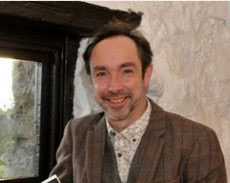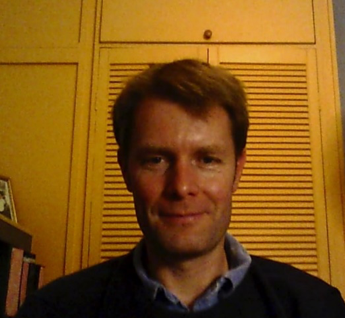The Creative and Critical Practice Research Group (CCPRG) explores the mutually interdependent relationship between creative and critical writing. The critical insights of practising creative writers, gained from the subjective experience of the writing process, may be lost to scholars who wish to establish a critical object of study in their fields. Conversely, theoretical insights about interpreting texts, grounded in a knowledge of literary history and cultural criticism, may remain unheard by aspiring writers, even though such insights may be potentially ‘creative’. We hold six annual events in flexible forms – discussion groups, seminars, guest lectures, presentations, roundtables and interviews – during which academic staff and postgraduates speak about their creative and critical practice.
The creative-critical group is an interdisciplinary forum for the benefit of the research community throughout the Faculty of Humanities and Social Sciences and beyond. The CCPRG’s mission is to
- provide a home and shop window for the considerable outputs of creative writing.
- organise research/practice-led discussion groups, panels, guest lectures, roundtables, presentations and interviews which will provide intellectual coherence to our thriving constituency of PhD students.
- develop partnerships with creative industries in close collaboration with the Cultural Institute.
- provide an interdisciplinary hub within the Faculty of Humanities and Social Sciences (and potentially cross-Faculty) for those working in creative writing (including media), creative-critical and/or critical practice.
- in partnership with the Cultural Institute, support career-development networking opportunities for those working in creative fields (both staff and postgraduates).
- constitute a forum in which the growing body of Creative Writing PGRs can work alongside an interdisciplinary network of staff.
- advocate for arts funding.
- work in close partnership with the Cultural Institute to provide a range of public engagement and outreach events for diverse target audiences, including the possibility of the incorporation of more critical-creative events in the future.
Management Board: Dr Alan Bilton and Dr Richard Robinson (Co-Convenors), Dr Elaine Canning, Professor Kirsti Bohata, Professor Julian Preece, Dr Joanna Rydzewska, Professor Tudur Hallam and Dr Alexia Bowler.



